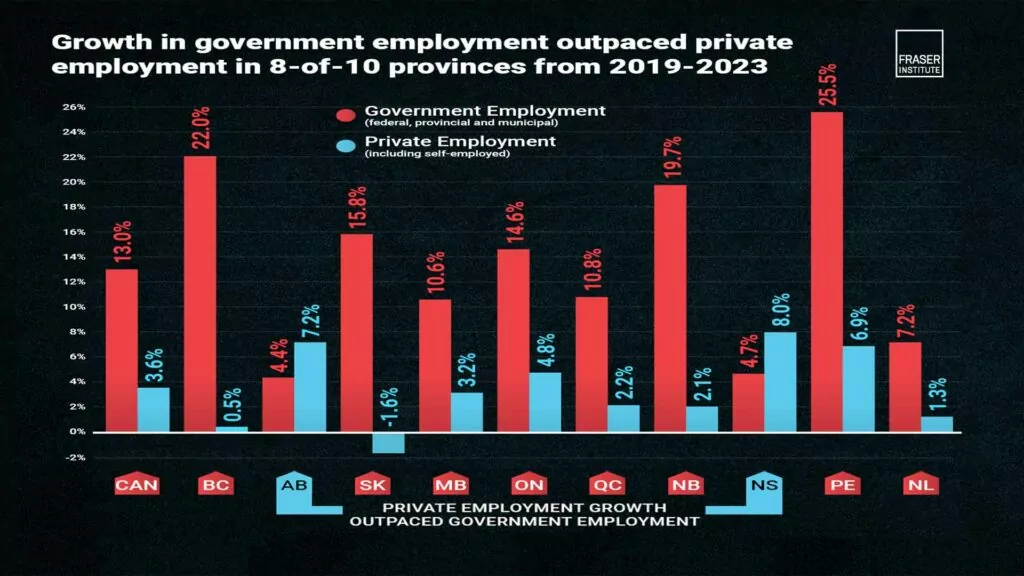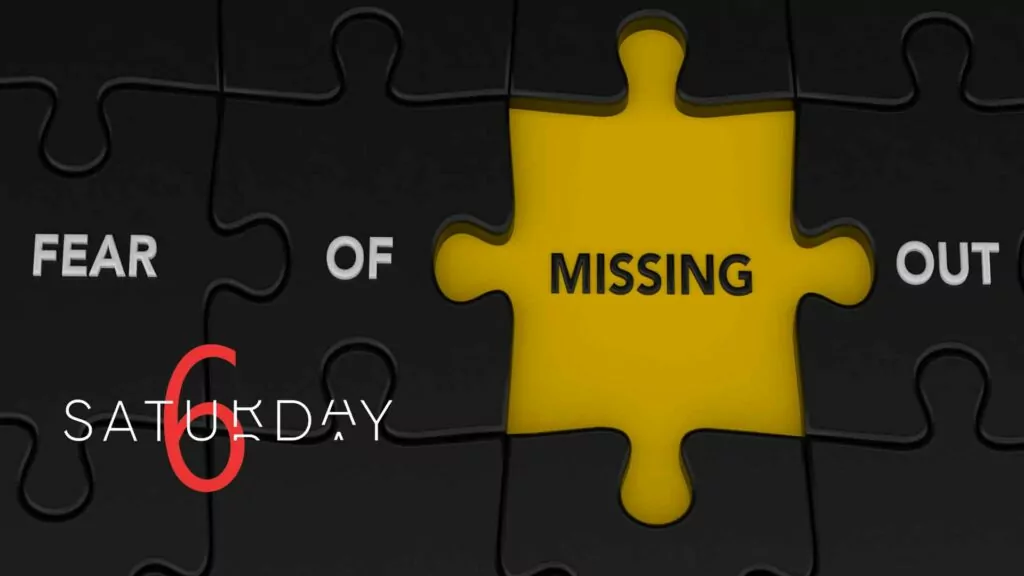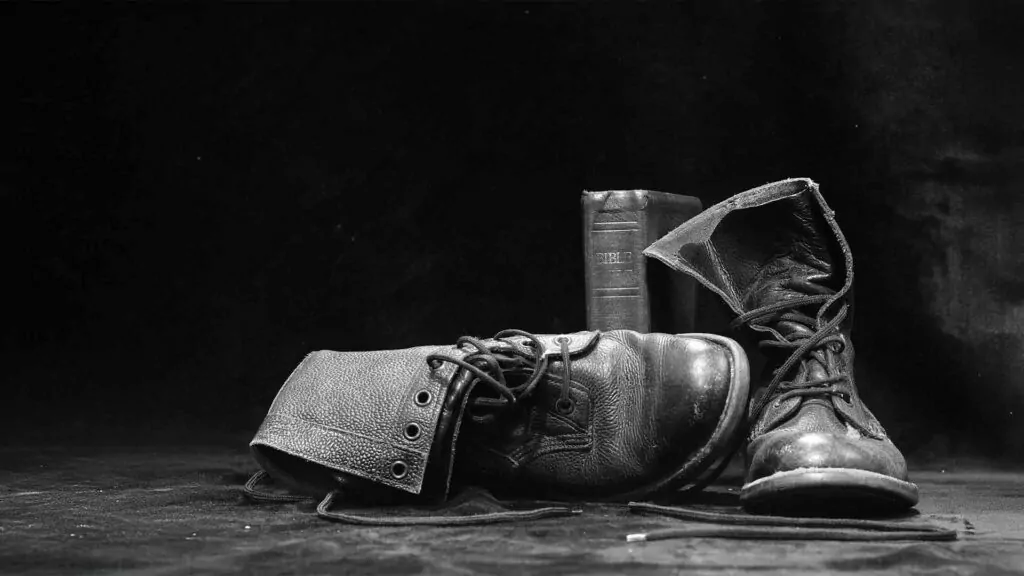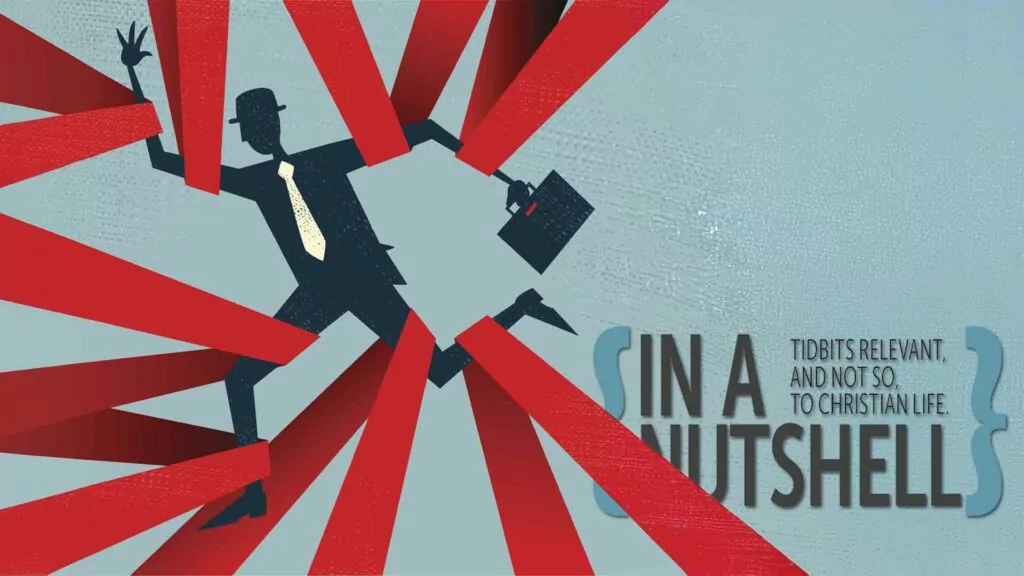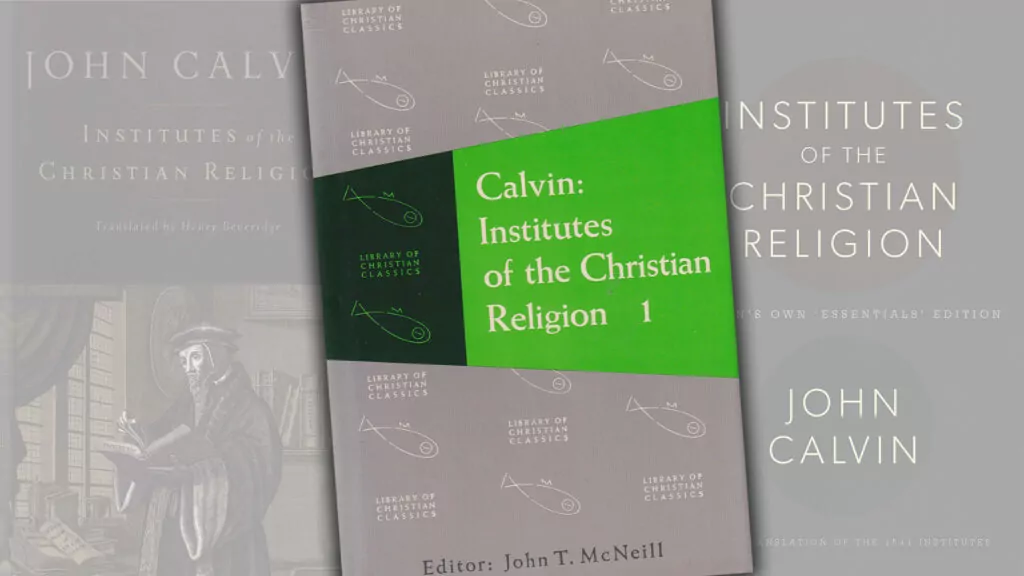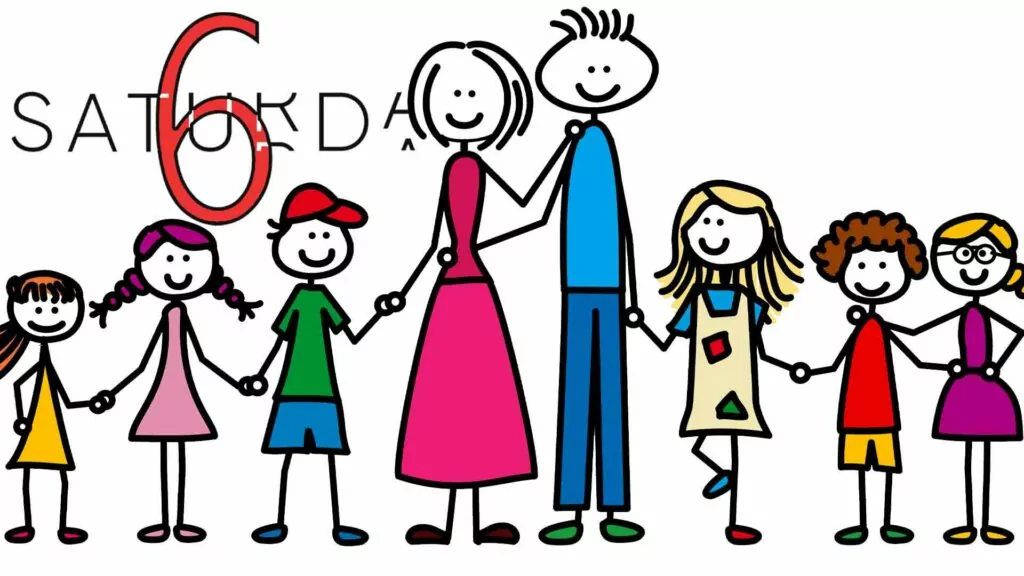
Assorted
Lost and found: God’s guiding hand in seeking and finding a missing girl
Just before going to bed on a Thursday evening in mid-September, Michelle Dykstra read a Facebook post by a mother whose six-year-old daughter had gone missing.
Earlier that evening, around 6 pm, Oaklynn Schweder had disappeared from her home on the Skin Tyee Reserve, an isolated community in northwest BC. Her mother, Gail Skin, shared the devastating news on social media as the RCMP called in a canine team to help find her.
“I felt for her, because she is only six” recalled Michelle, a mother of three who lives just outside of Houston, BC. “I couldn’t sleep very much that night.”
Not only is Oaklynn young, she is on the autism spectrum and is non-verbal. To make it even more challenging for searchers, she would sometimes hide in unusual places or up in trees. Adding to the urgency, nighttime temperatures around Oaklynn’s home dip below zero, and the surrounding wilderness teems with wildlife, including bears and wolves.
Oaklynn was still missing the next morning, and the updates kept coming back negative. Search and Rescue teams throughout British Columbia joined in, along with the Canadian Rangers and the BC Wildfire Service. In addition to specially trained dogs, the RCMP deployed thermal-imaging drones to try to spot Oaklynn’s heat signature in among the trees. As more help was brought in, media outlets from across the country picked up the story of the missing Indigenous girl.
Heart for the lost
Unable to stop thinking and praying about Oaklynn, that evening Michelle talked to her husband Tim about whether they could help. They had never been involved in a search before, but they lived just a couple of hours away and felt a strong pull to do something for Oaklynn. “I really did feel like it was definitely put on my heart” Michelle reflected.
Saturday wasn’t possible because Tim and their son Owen had to work all day, but they decided that if she was still missing Sunday, and if the search and rescue teams were open to volunteers, they would go out to help (even though they don’t normally miss church).
In spite of a team that grew to 600 searchers carefully sweeping the area, by Sunday morning Oaklynn was still missing. The searchers were professionally coordinated, using GPS plotting to ensure every part of the land was covered. By this time, hopes of finding Oaklynn alive were diminishing. Michelle was restless and eager to start searching. They filled a vehicle with Tim, Michelle, their children Owen and Morgan, along with Tim’s sister Mandy Jaswal and her two sons Mica and Carson.
Providential frustrations
In spite of their eagerness to help, they were frustrated by one snag after another. A forgotten coat resulted in a short delay, which resulted in a missed bus ride, which in turn resulted in a missed ferry across Francois Lake. By the time they got to the search area, they missed the team that headed into the bush and had to wait to be called. They spent the next three and a half hours eating bannock, drinking coffee, visiting, and helping out with things like hauling groceries to the search teams. And then a search coordinator passed their group over, as he was concerned that they weren’t experienced enough for the bush.
It was afternoon when they were finally called to search, and they were put under the lead of Glen Franz, a search and rescue volunteer from their home town. Two volunteer firefighters also joined their group. In their designated search area, they were to walk 5 meters apart from each other back and forth, to cover a grid over the land.
Only ten minutes in, they hit another snag. The search leader was having trouble finding his location on the map and realized that they had started in the wrong place on their quadrant. By this time, they decided to keep searching from where they were, in the hope of going back later in the day to get the area they missed.
The problems didn’t stop there. The devices that the search and rescue team was relying on to chart their progress had almost run out of battery. And there were strong winds gusting, with trees falling regularly.
It wasn’t until later that day that they began to see that all of these worries and frustrations were actually the means by which God was guiding them exactly to where they needed to be at just the right time.
Calming the wind
Although dogs, GPS devices, helicopters, drones, and about 1,400 searchers were all devoted to the singular goal of finding Oaklynn, Michelle turned to another “tactic” – going to God.
“I remember walking through the bush just praying, ‘Bring her out! Just show her to anybody. We've got hundreds of people out here. If she's hiding, just bring her out.’”
As they walked, they saw bear signs everywhere. Tim shared that some searchers even had to climb into bear dens to look for Oaklynn.
Although they at first felt they might turn around a corner and just find her, after hours of searching it sunk in to Mandy that:
“the only way that a kid is going to be out here, especially since she is only wearing socks and a t-shirt…is if an animal dragged her over here…. Your brain just goes somewhere else to try and prevent you from the pain of thinking of that.”
At 6 pm the organizers informed the searchers that it was time to call it a day and head back to the base.
They were only half done their search area when it was shared that their GPS search devices were almost out of battery. They were given the option to end their search. Mandy reminded the group that they still needed to go back to the corner where they were supposed to have started. She insisted that they search there so it wasn’t missed.
The group agreed, but they also discovered it was the most challenging land in their area, with a steep gully and a lot of trees blown over that weren’t easy to cross. Recent rain made it all very slippery. “We all went up to the top of that gully,” Michelle said, “just so that we could all get together and then leave.” Given that it wasn’t dark yet, the group wondered if Oaklynn had been located. “The thought came to my mind that maybe they had found a body,” said Michelle. They later learned that the search was called because of the strong winds and the danger that falling trees posed to the searchers.
 Michelle carrying Oaklynn out of the forest, with the team assisting
Michelle carrying Oaklynn out of the forest, with the team assisting
Then, for just two or three seconds, everything got quiet – the static on the radio stopped, and the wind fell silent. As Mandy explained, “All of a sudden were like, ‘Did you hear that? We heard something, Mom, it sounded like a kid!’” The others listened too, hoping it wasn't just an animal. When they heard the noise again they all started calling Oaklynn’s name.
That’s when they heard a response coming from the bottom of the gully. They all heard it.
None of the adults remember climbing down the gully, even though it had just been a major chore to climb through it. They said it felt like they were transported there.
“I just kept hearing ‘I see her, I see her,’ and I couldn't see her till the last second,” recalled Michelle.
“So I just kept running. I could not see her until I got around this bunch of trees, and then all of a sudden there was that log, and she was standing behind it, and then she sees me, so she took a couple steps, and I'm full on running, and I just grabbed her and then sat down on the log. It was like, what just happened? What happened?”
While Michelle held the little girl, the others rubbed her feet to warm her up, checked her for injuries, got her some warm clothes, and gave her something to drink. They were amazed to find that, other than looking dehydrated, being covered in berries and grime, and smelling like urine, she looked to be completely unharmed.
Tim described the occasion as joy all around. Michelle kept saying “thank you Lord!”
Their team leader used his radio to report “subject found,” to the disbelief of those at base camp. And then Michelle proceeded to singlehandedly pack Oaklynn through the forest, with the rest of the team holding back branches and helping her over trees.
They were so close to the base camp that they could even hear the cheer of the crowd when they were told that Oaklynn had been found and was okay.
Just twenty minutes later and they were back to where her mother and father were anxiously waiting.
The mom’s reunion with Oaklynn was caught on video and has been viewed on Facebook over 3 million times, in addition to the TV reports that used the footage around the world.
But what wasn’t captured was Michelle and the team that God providentially used to find Oaklynn.
Recognizing Providence
As Tim, Michelle, Mandy, and their children recounted the day’s events, they kept coming back to the same conclusion: God was orchestrating every detail, even the mistakes and frustrations, to allow for the joyful reunion of Oaklynn and her loved ones.
If they had started searching where they were supposed, to, they likely wouldn’t have found her because she was moving steadily and wasn’t even in their search area when they actually found her. They also thank God for the young ears of their children, who were the first to hear Oaklynn, even though she couldn’t speak and even though she was more than 100 meters away. Likewise, they praise God for calming the wind and radios so that they could hear her voice.
“So all these little glitches, all these little things, all the little breaks, all the perfect timing up to the point of the wind stopping. Like, Who stops the wind?” asked Mandy. “It's obvious, right?”
Confessing Providence
The previous Saturday, when Michelle was still at home folding laundry and thinking about Oaklynn, she recalled how so many Christians athletes who competed in the Summer Olympics used their platform to give glory to God. “I was thinking, if there’s any chance, I would make sure I would glorify God, right? Because you’ve got to do that.”
The day after Oaklynn was found they were invited to a feast organized by the local Indigenous band to thank the many people involved in the search. There was singing, drumming, and speeches, including a mix of traditional native spirituality and Christianity.
“The person at the mic asked ‘Does anybody else want to say anything?’” recalled Michelle. “And everybody else is quiet. And then all of a sudden, I'm like, ‘Wait, no, I do. I have to say something.’”
Although she is fearful of public speaking, she took the opportunity to share with everyone that it was God who orchestrated all of this. She recalled how she had prayed while searching, and how God directed everything to work together so that Oaklynn was found. Her testimony was shared on Facebook live, and part of it was quoted in their local newspaper.
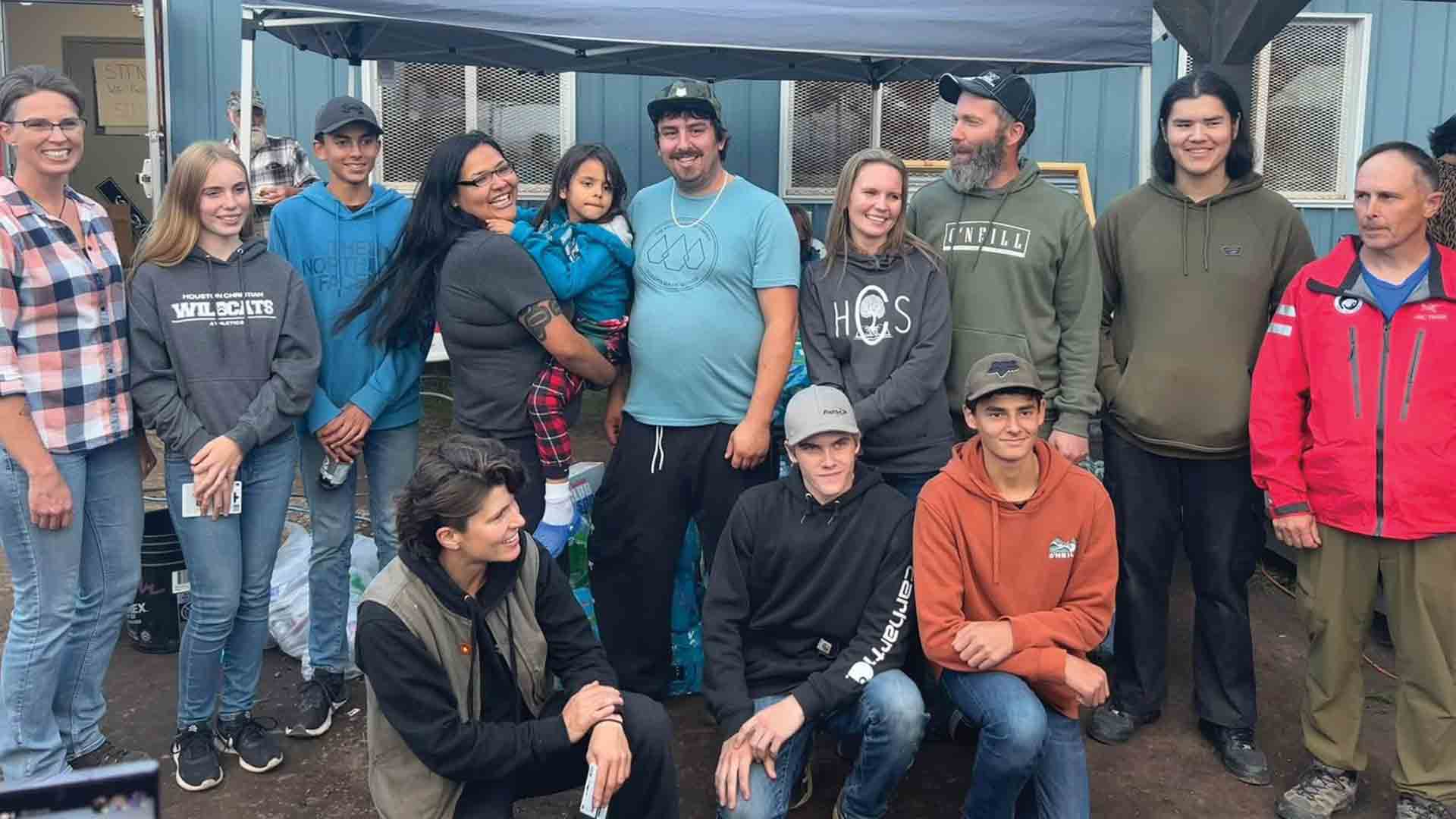
Rejoicing and weeping
In Matthew 18, Jesus shares a story of a man with a hundred sheep, one of which goes astray. When he finds it “he rejoices over it more than over the ninety-nine that never went astray.”
The searchers shared how vehicles were honking on the ferry ride as they returned from the search, and how they received numerous texts and messages of joy over the news that Oaklynn had been found.
Although their children slept well that night, Michelle and Mandy shared how they both had a hard time sleeping, and experienced their share of tears in the days following.
By Wednesday, Michelle was back to doing laundry. “I find the sweater that I was wearing, and I pick it up, and it was just this strong smell of pee, like urine, and I just start crying like crazy. I completely broke down.” Later, she went “to bring laundry from the washer to the dryer, and I find the sweater again, and it doesn't smell like pee, and I'm crying again, and it's just a complete mess.”
The group admitted they had a hard time in the following days, feeling like a piece of them was missing, since they put their heart out for Oaklynn and now she is back with her parents and doesn’t even know who they are.
In many ways, that is exactly what love is.
Photos by Mica and Mandy Jaswal.








